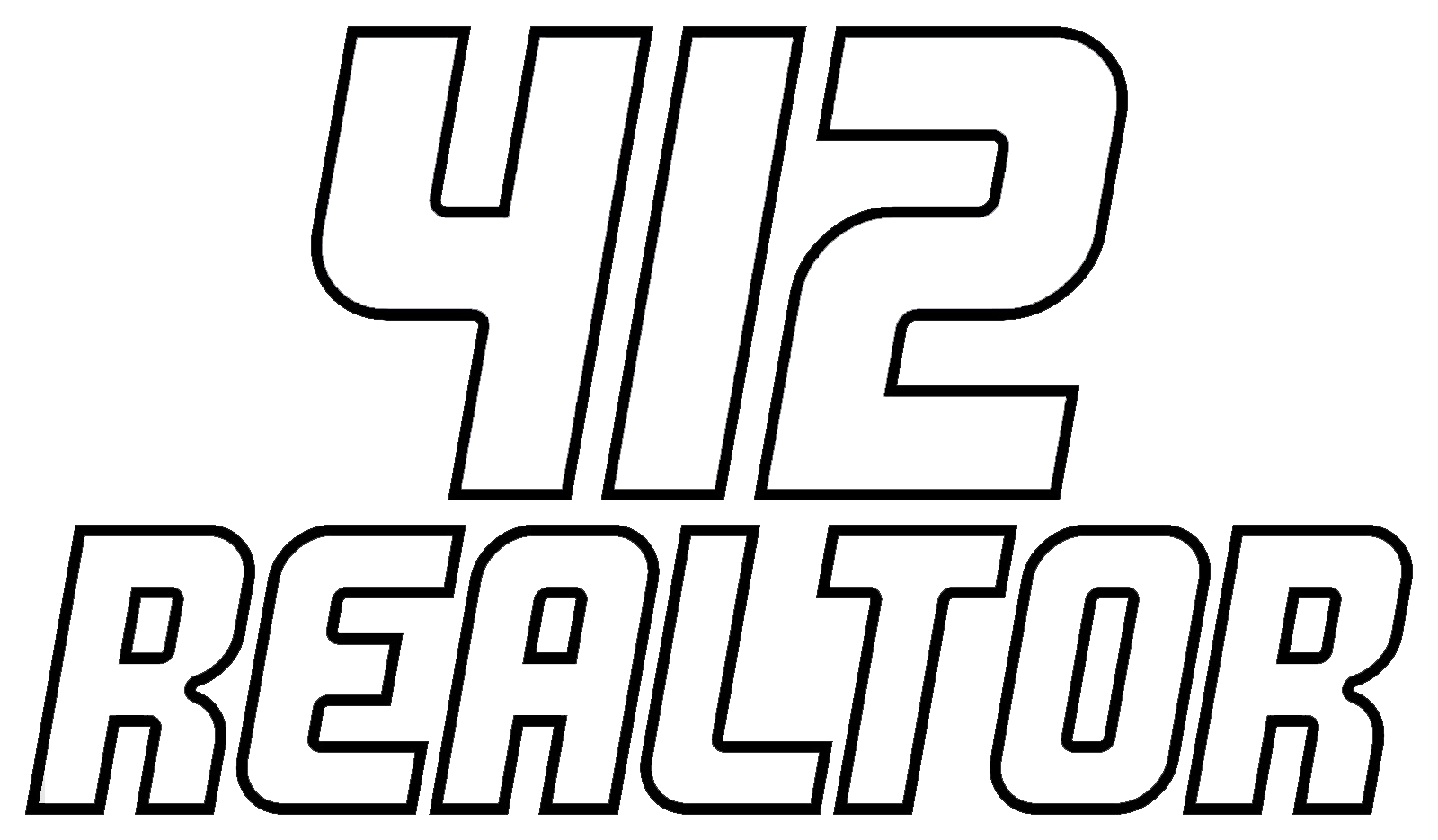For many people, buying a home is one of the biggest financial decisions they’ll ever make. While it’s easy to focus on the excitement of moving in, decorating, and settling down, there’s another crucial part of homeownership that often goes underappreciated: building equity.
Understanding what equity is—and how to grow it—can help you unlock long-term financial stability and open doors to future opportunities.
What Is Home Equity?
Home equity is the difference between what your home is currently worth and what you still owe on your mortgage. In simple terms, it’s the portion of your property that you actually own.
Formula:
Home Value – Loan Balance = Equity
Example:
If your home is worth $400,000 and you still owe $280,000 on your mortgage, you have $120,000 in equity.
Equity is a dynamic figure. It grows as:
You pay down your mortgage balance (through regular or extra payments).
Your home appreciates in value due to market trends or improvements you make.
Why Building Equity Matters
1. It Grows Your Wealth
Equity is essentially forced savings. Every mortgage payment you make increases your ownership stake in your property. Over time, that adds up to a sizable asset that contributes to your overall net worth.
2. It Gives You Borrowing Power
Home equity isn’t just a number—it’s a financial resource. You can leverage it through:
- Home Equity Loans – Borrow a lump sum based on your equity.
- HELOCs (Home Equity Lines of Credit) – Access funds as needed, like a credit card, but at lower interest rates.
These tools can be used for home renovations, education expenses, debt consolidation, or even starting a business.
3. You’ll Keep More Money When You Sell
When it comes time to sell your home, your equity is what you’ll take with you after paying off the mortgage and selling costs. More equity = more cash in your pocket to use toward your next home, investments, or savings.
4. You May Be Eligible for Better Loan Terms
If your equity increases significantly, you might qualify to refinance your mortgage at a lower interest rate or reduce your loan term. This can save you tens of thousands of dollars in interest over the life of the loan.
How to Build Equity Faster
Building equity doesn’t have to be a passive process. Here are smart ways to accelerate it:
1. Make Extra Mortgage Payments
Even one extra payment per year can reduce your principal balance and interest over time. Check if your lender allows principal-only payments without penalties.
2. Refinance to a Shorter-Term Loan
Switching from a 30-year to a 15-year mortgage results in higher monthly payments, but you’ll build equity faster and pay less interest overall.
3. Improve Your Property
Upgrades like energy-efficient windows, updated kitchens, or additional bathrooms can boost your home’s market value—meaning more equity for you.
4. Let the Market Work for You
In strong real estate markets, home values tend to rise. While you can’t control the market, buying in high-demand areas or up-and-coming neighborhoods can position you for solid equity gains.
When Equity Can Help You Most
- During a financial emergency: Tap into your equity for large expenses without relying on high-interest credit cards.
- To invest in your future: Use your equity to fund college tuition, start a business, or purchase an investment property.
- When upsizing or downsizing: Sell your current home and use the equity as a down payment on your next one.
Final Thoughts
Building equity is one of the biggest financial advantages of homeownership. It transforms your home from a living space into a wealth-building tool. Whether you’re a first-time buyer or an experienced homeowner, staying informed about how equity works—and how to maximize it—can put you on a path toward lasting financial security.
Remember: Every mortgage payment you make is not just paying for shelter—it’s investing in your future.




